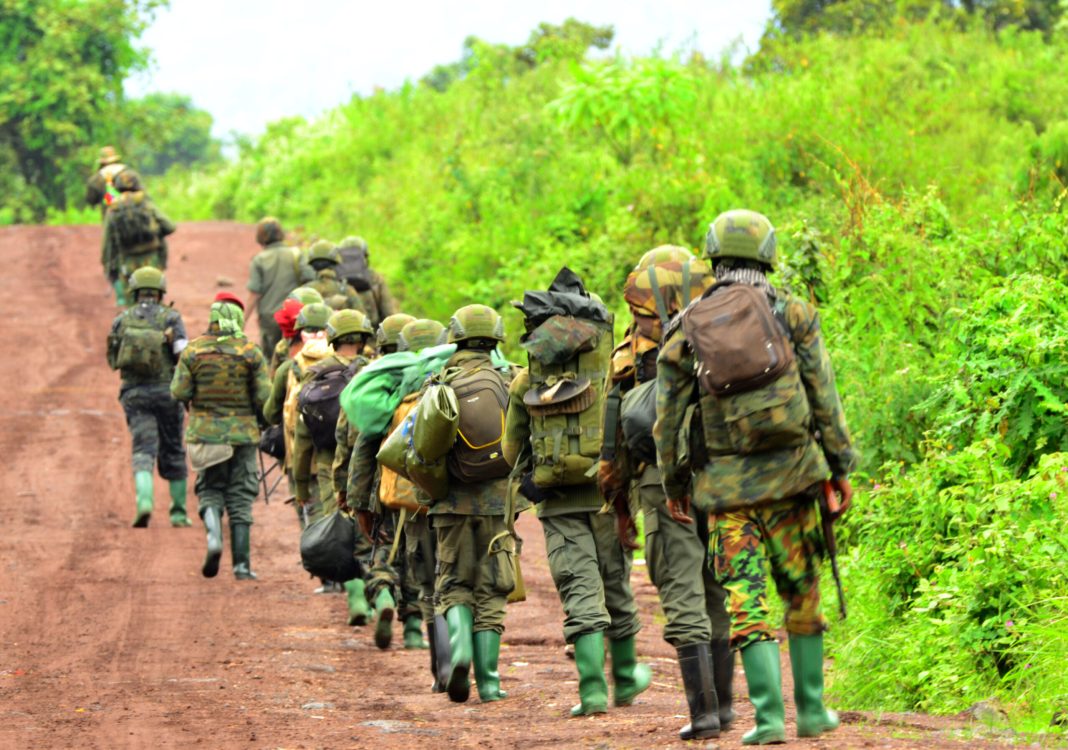M23 movement, have taken control of Lunyasenge, a key fishing locality on the western shore of Lake Edward in Lubero territory, North Kivu province. The capture, which began on May 2, marks a significant escalation in the conflict in eastern DRC and a blatant violation of the ongoing ceasefire, according to the Congolese military.
Local residents reported that rebel forces entered Lunyasenge from both land and water routes, originating from Vitshumbi and Kamandi-Gite. The Congolese army (FARDC) engaged in clashes with the insurgents, and although the full casualty toll remains unclear, graphic images of fallen Congolese soldiers have circulated widely on social media.
“People fled Lunyasenge. And it is difficult to assess the situation since the rebels have taken full control,” a local fisherman told reporters.
In an official statement on Sunday, May 4, Colonel Mak Hazukay, spokesperson for the FARDC in the Far North, confirmed the fall of Lunyasenge. He denounced the attack as an “intentional and blatant breach” of the ceasefire agreement, referencing the ongoing peace negotiations in Doha and Washington, D.C.
“The Congolese army reserves the right to respond on all fronts if the threat from these M23 rebels ,” Colonel Hazukay said.
Lunyasenge lies four hours by boat from Kyavinyonge, one of the region’s largest fisheries, which also serves as a vital transit point to Butembo, Beni, and Uganda. The rebels’ advance toward these fisheries has not only intensified regional insecurity but also affected cross-border trade and food supply chains.
Following the takeover, fisheries between Lunyasenge and Kyavinyonge, including Musenda and Kisaka, have been abandoned. Civilians are fleeing in large numbers toward Kyavinyonge, the highlands of Mubana, or the border town of Kasindi, which connects with Uganda.
“Kyavinyonge is now hosting hundreds of displaced people. Some are staying with host families, others in churches,” said Joel Vyalengekanya, President of SAPIAKYA, a local union of shipowners and fishermen.
Vyalengekanya further noted that fishing and trade have ground to a halt since the fall of Vitshumbi and Kamandi. Fishermen now fear entering the waters near rebel-held zones, forcing some to risk fishing in Ugandan territory—which has led to the arrest of 70 Congolese fishermen and the seizure of over 200 canoe engines by the Ugandan navy in the past three months.
The latest developments underscore the fragile security situation in eastern DRC, where foreign interference, ceasefire violations, and militia activity continue to fuel instability. The humanitarian impact is growing, with displacement, food insecurity, and rising tensions along the Uganda-DRC border.



